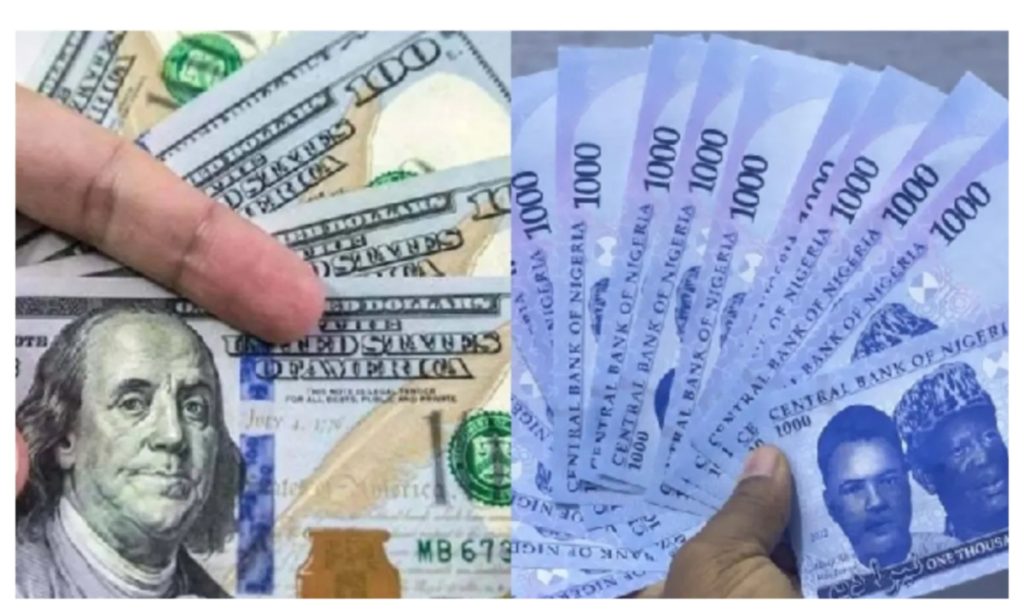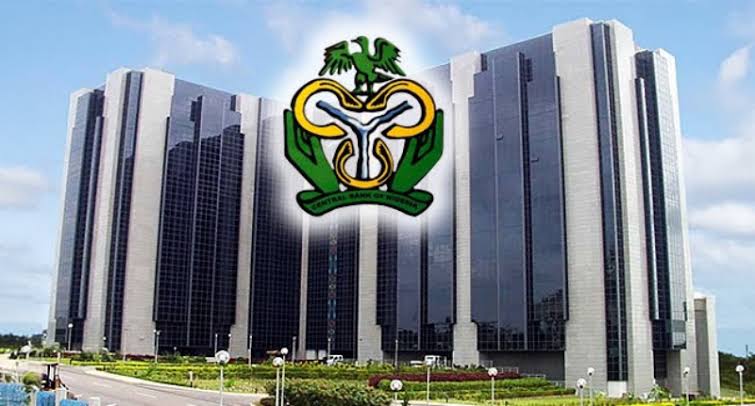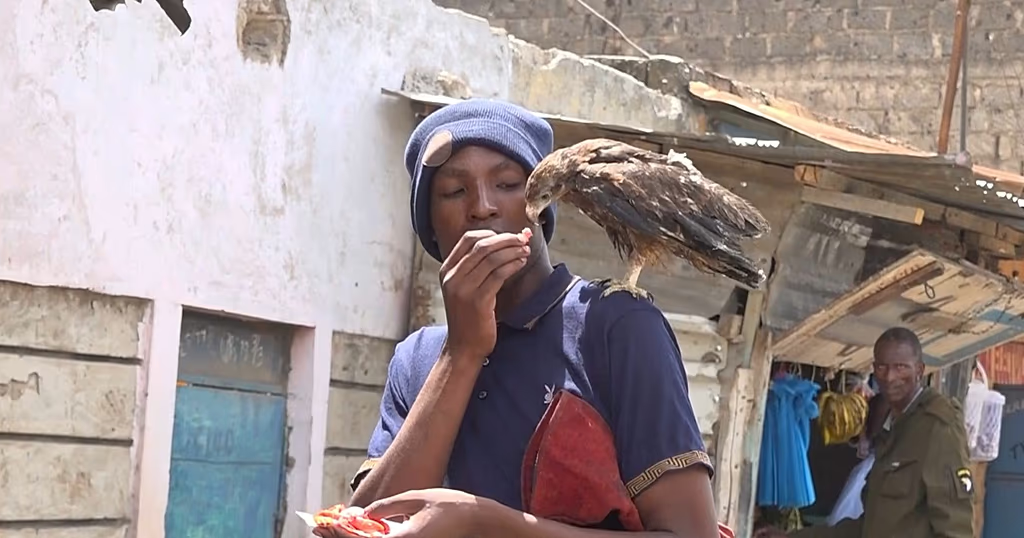Inflation in Nigeria Reaches 32.70% in September 2024
Nigeria’s headline inflation rate has risen to 32.70% in September 2024, according to the latest report from the National Bureau of Statistics (NBS). This marks a 0.55% point increase compared to the 32.15% recorded in August 2024.
The NBS attributed the rise in inflation to increases in some items in the basket of goods and services, including food and non-alcoholic beverages, housing, water, electricity, gas, and other fuel, clothing and footwear, and transport.
The report also showed that the year-on-year inflation rate in September 2024 was 5.98% higher than the rate recorded in September 2023, at 26.72%. Additionally, the month-on-month inflation rate in September 2024 was 2.52%, which is 0.30% higher than the rate recorded in August 2024.
The NBS also highlighted that food inflation in September 2024 increased to 37.77% on a year-on-year basis, which is 7.13% higher compared to the rate recorded in September 2023. The report attributed this rise to increases in prices of guinea corn, rice, maize grains, beans, yam, water yam, and cassava tuber, among others.
Furthermore, the report showed that the core inflation rate, which excludes volatile agricultural produce and energy, stood at 27.43% in September 2024, 5.59% higher than the rate recorded in September 2023.
The report also revealed that the highest increases in prices were recorded in rents, bus journey, and journey by motorcycle, among others. On a month-on-month basis, the core inflation rate was 2.10%, indicating a 0.17% decrease compared to the rate recorded in August 2024.
In terms of state-by-state analysis, the report showed that Bauchi recorded the highest year-on-year headline inflation rate at 44.83%, followed by Sokoto at 38.74%, and Jigawa at 38.39%. On the other hand, Delta recorded the slowest rise in headline inflation at 26.35%, followed by Benue at 26.90%, and Katsina at 27.71%.
The report also highlighted that on a month-on-month basis, the highest increases in headline inflation were recorded in Sokoto, Taraba, and Anambra. Similarly, Kwara recorded the slowest rise in month-on-month inflation, followed by Cross River and Lagos.
Overall, the report highlighted the challenges posed by inflation in Nigeria, particularly in the areas of food and non-food items. The government will need to implement measures to address these challenges and ensure that the economy stabilizes.
Key Points:
- Headline inflation rate rose to 32.70% in September 2024, 0.55% higher than August 2024.
- Year-on-year inflation rate increased 5.98% compared to September 2023.
- Food inflation rate rose 37.77% on a year-on-year basis.
- Core inflation rate, excluding volatile agricultural produce and energy, stood at 27.43% in September 2024.
- Highest increases in prices recorded in rents, bus journey, and journey by motorcycle, among others.
- Bauchi recorded the highest year-on-year headline inflation rate, while Delta recorded the slowest rise.



